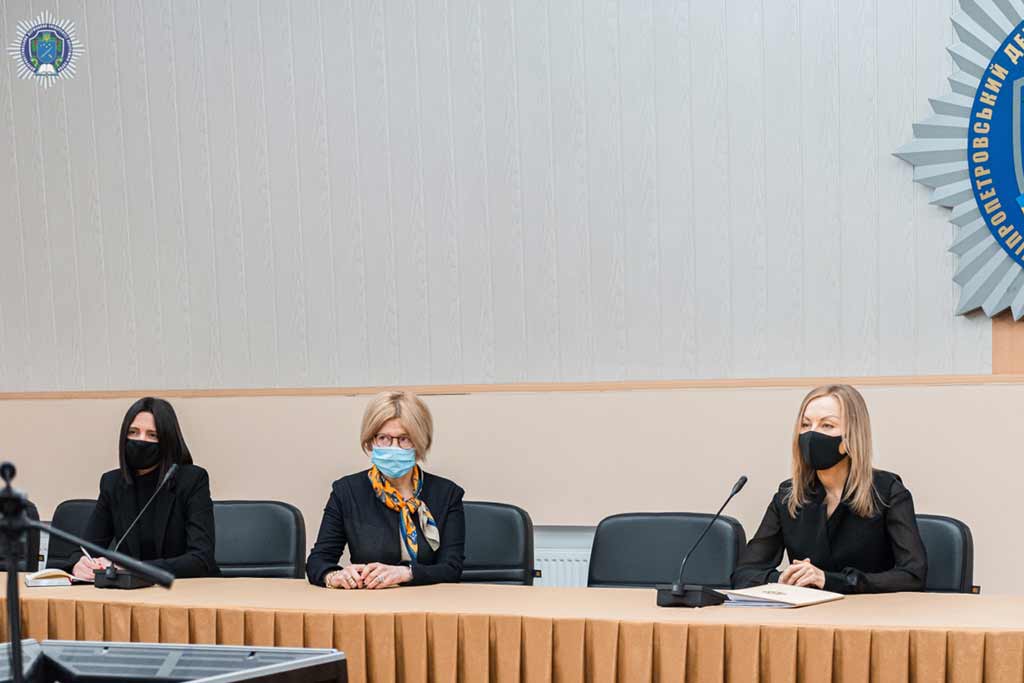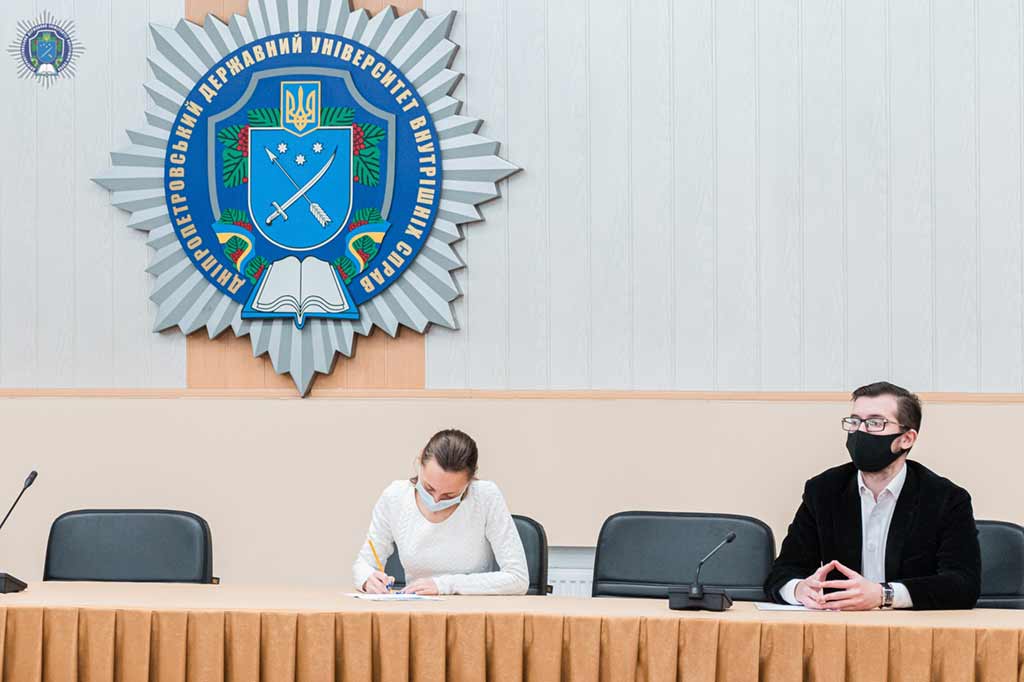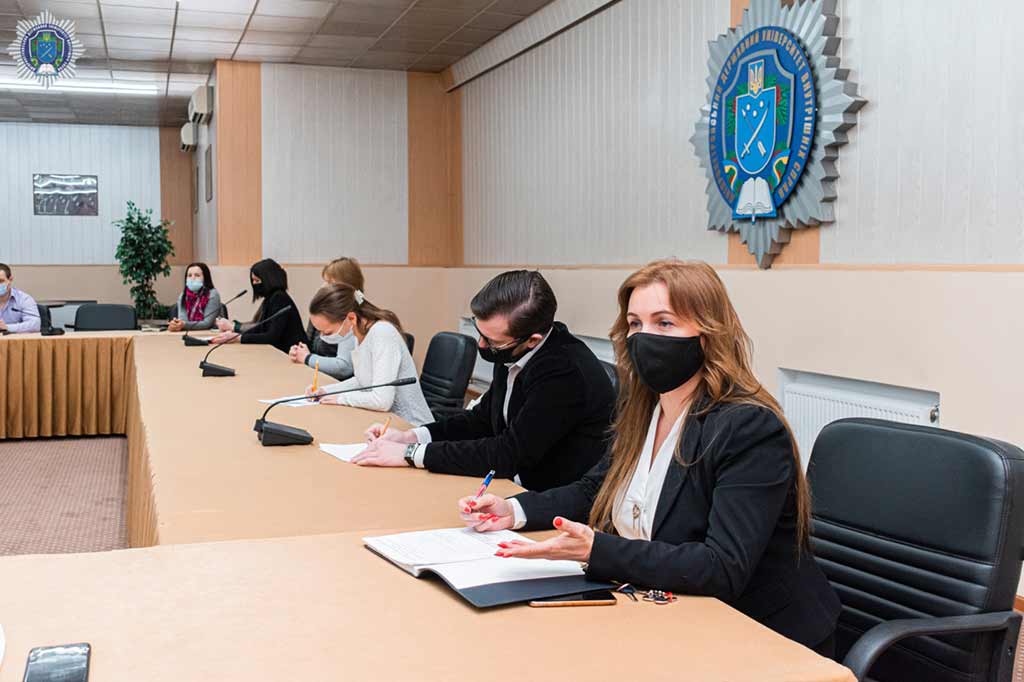
Scientific and pedagogical staff along with students of the Law Faculty of Dnipropetrovsk State University of Internal Affairs joined International Interdisciplinary High Level Conference “Future of Europe”.
The event was organized by College of Europe conjointly with the European Law Journal and followed by 1,300 participants.

Federica Mogherini, Rector of College of Europe, welcomed the audience and pointed out key directions of entire discussions. “The conference is going to be very dynamic. Within two days practitioners, scientists and community representatives will be negotiating distribution of European democratic values and law supremacy”, she noted.

David Sassoli, President of the European Parliament, presented his keynote speech. He summarized achievements of the EU starting from its very foundation, which had proven that democracy was the most efficient form of administration. Since democracy is quite fragile, its principles need to be supported at all levels. The European Union was still in crises due to COVID-19 pandemics, thus the Parliament continued responding to economic challenges. The separate problem was climate change, which could not be ignored. “The priority for the entire period is going to be the development of instruments for supporting and strengthening the EU as well as widening dialogue with European citizens and local institutions to build transparent and fare relations”, Mr. Sassoli stated at the end of his speech.

The conference included such issues as upholding EU values – democracy, rule of law and fundamental rights; human rights protection in the era of digitalization, which is connected with constant increase in information flows controlled by the government; artificial intelligence used in numerous operations as the violation of right to work; migration policy of the EU; climate change and Green Deal; competitive market and trade; direct democracy tools; elective reform; role of national parliaments; further democratization of the decision-making process; budgetary issues; advanced cooperation.
Presentations of Olivier De Schutter, President of the Belgian Federal Institute for Human Rights; Andrea Renda, Senior Research Fellow and Head of Global Governance, Regulation, Innovation and the Digital Economy (GRID), CEPS; Elspeth Guild, University of London; Ramses Wessel, University of Groningen; and Kalypso Nicolaïdis, University of Oxford, resulted in active panel discussions.

The conference issues were of high interest for DSUIA lecturers and scientists, especially in terms of current state of the EU legislation under the impact of situational changes.

The participants of the conference have come to conclusion that the entire development vector for the European Union shall be the formation of cross-cutting legal policy considering national interests of each EU member state as well as more active engagement of citizens, direct democracy tools and judicial aspects.
— 656

